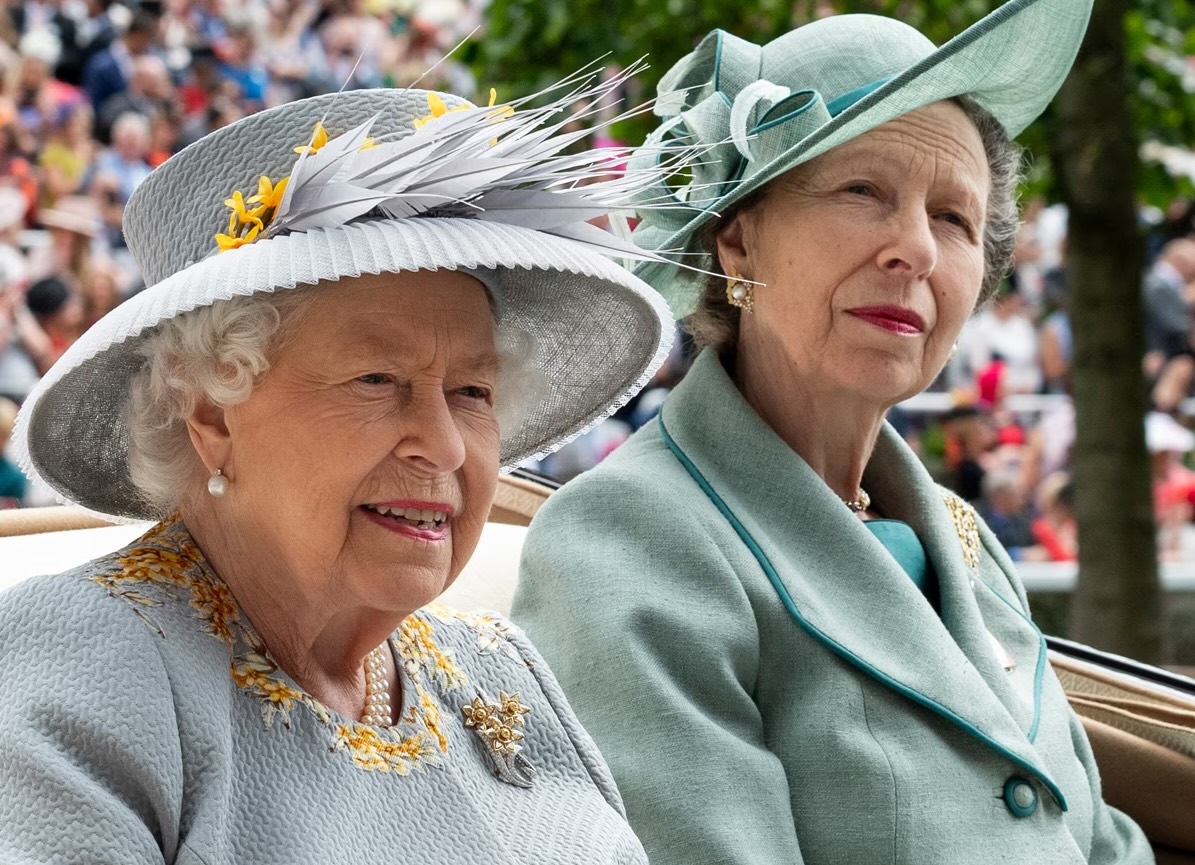Language, a powerful tool that transcends borders and connects individuals from diverse backgrounds, has played a pivotal role in shaping global communication. The English-Speaking Union (ESU), a non-profit organisation founded in the aftermath of World War I, stands as a testament to the belief that effective communication in the English language can foster understanding and cooperation among people worldwide. This post delves into the rich history of the English-Speaking Union, tracing its origins, evolution, and the impactful role it has played in promoting linguistic and cultural exchange.
The Genesis
The year was 1918, and the world was reeling from the devastation of the Great War. Against this backdrop, a group of intellectuals, including journalist and playwright Sir Evelyn Wrench, envisioned an organisation that could bridge the gap between nations through the shared medium of the English language. His vision was to create a platform where individuals from different linguistic and cultural backgrounds could come together to exchange ideas, foster mutual understanding, and contribute to the rebuilding of a war-torn world.
The founding principles of the English-Speaking Union were rooted in the belief that promoting English as a global language could be a catalyst for peace and cooperation. In 1918, the first branch of the ESU was established in London, and its mission was to provide a forum for individuals to engage in dialogue, debate, and public speaking in English.
Early Years and Expansion
The ESU gained momentum in the 1920s as branches were established in various English-speaking countries, including the United States, Canada, Australia, and South Africa. These branches became hubs for cultural exchange, organising debates, lectures, and educational programs that encouraged the use of English as a tool for diplomacy and international understanding.
Winston Churchill, the iconic British statesman known for his grand oratory skills, was appointed one of the first presidents of the ESU in London. The ESU now has more than 50 branches across the globe, from Lithuania to Pakistan.
Educational Programs and Scholarships
Throughout its history, the English-Speaking Union has been a champion of education. The organisation has introduced various programs to support language learning and cultural exchange. Notably, the ESU’s flagship program, the International Public Speaking Competition, was launched in 1980. This competition brings together high school students from around the world, representing their countries, to showcase their public speaking skills, promoting the art of persuasive communication and providing a platform for young voices to be heard.
In addition to the International Public Speaking Competition, the ESU has been actively involved in offering scholarships and grants to students and educators. These initiatives aim to enhance English language proficiency, promote cross-cultural understanding, and support educational endeavours that align with the organisation’s mission.
Royal Patronage and Global Impact
The English-Speaking Union’s commitment to its mission has garnered widespread recognition, including the patronage of members of the Royal Family. Over the years, various members of the Royal Family have been involved with the ESU, further emphasizing the organisation’s significance in promoting the English language and fostering international connections. Her Majesty Queen Elizabeth II was Patron of the ESU until her death in 2022. The current President of the ESU of the Commonwealth is HRH Princess Anne, who took over from her father, HRH The Duke of Edinburgh, upon his retirement.
The ESU’s impact has extended far beyond its initial branches. Today, the organisation boasts a global network of members, volunteers, and supporters who share a common passion for language and cultural exchange. The ESU has played a crucial role in shaping the landscape of English language education and diplomacy on a global scale.
Challenges and Adaptations
Like any organisation with a long history, the English-Speaking Union has faced its share of challenges. Economic downturns, shifting global dynamics, and changes in education trends have required the ESU to adapt its programs and strategies to remain relevant.
The organisation has recently embraced technological advancements to expand its reach and effectiveness. Online platforms, virtual events, and digital resources have become integral components of the ESU’s efforts to connect people across borders, particularly during times when physical travel and gatherings have been restricted.
Looking to the Future
As the English-Speaking Union reflects on its rich history, it also looks to the future with a renewed commitment to its mission. The world continues to evolve, presenting new opportunities and challenges for global communication. The ESU remains dedicated to fostering understanding, empathy, and collaboration among people of different cultures and backgrounds.
In an era where communication has become more critical than ever, the English-Speaking Union stands as a beacon, promoting the idea that language can be a powerful force for positive change. Through its programs, scholarships, and global network, the ESU continues to build bridges across nations, ensuring that the legacy of linguistic and cultural exchange endures for generations to come. As the world navigates the complexities of the 21st century, the English-Speaking Union remains steadfast in its belief that, through the shared language of English, we can build a more interconnected and harmonious global community.

